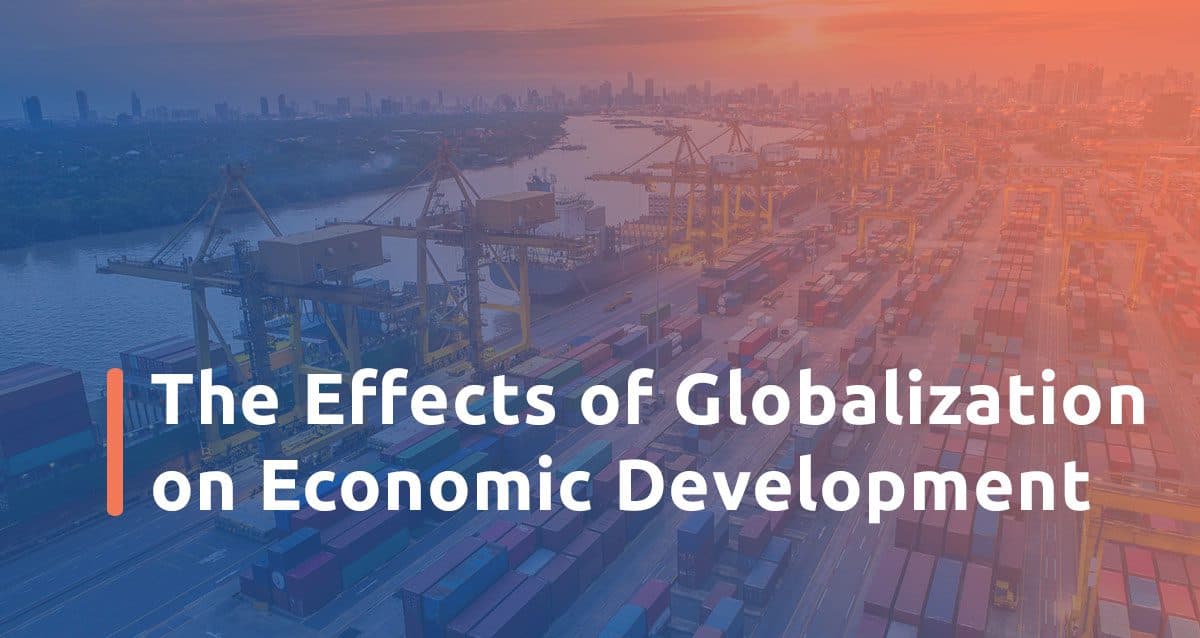The benefits of Foreign Direct Investment (FDI) are numerous, and they have become crucial for the growth of developing and emerging countries. FDI often makes a positive contribution to the host country’s economy through the transfer of money, knowledge, skills, and technology that would otherwise not be present.
In recent years there has been a global shift towards more sustainable development practices, with green initiatives being adopted through environmental policies and regulations. For developing countries, FDI is quickly becoming a key element in the promoting and success of their sustainable development goals.
More from ResearchFDI:
- The advantages and benefits of inward investment
- Research Uncensored Podcast – Ft. Paige Webster
- B2B Online lead generation: The new way to network
The Greening of FDI
New Green FDI initiatives continue to have the same benefits, while also allowing for further contributions to the sustainable development goals of both the home and host countries. With there being no universal definition of Green FDI, it can be tailored to the specific needs of the host country.
At the annual World Economic Forum in January 2020, the World Trade Organization (WTO) provided five suggestions of initiatives that developing countries should adopt to both make investment easier and boost sustainable development.
1. Creating a supplier database with sustainability as a factor
Foreign companies will invest in countries where they can rely on domestic suppliers to provide them with what they need to operate successfully. The host country will create a supplier database and provide foreign investors with an efficient way to connect with sustainable domestic companies. Their ability to create and tailor this database allows for not only traditionally vital information such as the business’s production capacity, goods and services offered and contact information, but also information regarding the sustainability of their operations such as the environmental protection and carbon offset activities, the social impact of the operations and information on their supply chain management.
2. Adopting ‘silent yes’ mechanisms
Foreign investors must navigate various administrative procedures that often prove to be barriers to investment because of the time it takes to obtain approval. The use of “silent yes mechanisms” could be considered after a certain period of time has passed without any concerns being raised about their application. This would attract more foreign investors through the certainty of a timeline and would also ensure that investment deals with the potential to improve the quality of life for the host country would not be lost due to red-tape delays.
3. Adopting risk-based approaches to administrative approvals
A risk-based approach towards administrative approvals is similar to the silent yes mechanism, they both cut down on the time barrier towards investment. However, a risk-based approach places more administrative focus on investments considered to be high-risk to the host country, and low-risk investments would be approved at an expedited rate. The criteria of risk would be determined by the host government, and thus could be specific to the place. For example, low-risk investments could be those benefiting the sustainable development goals of the host country. This risk-based approach would again remove part of the time barrier that is present in foreign investing.
4. Creating ‘investment alert’ mechanisms
An investment alert mechanism would allow for any investment complaints or concerns raised to be caught early on – before it negatively impacts the investment appeal of a place. A host country needs to be attractive to investors to retain current investments and generate interest in new investments. Through a willingness to work with investors and build a relationship of trust the country will continue to attract investors while retaining existing ones. This will produce economic growth, and subsequently more progress towards meeting their sustainability goals through foreign investment.
5. Providing greater support to investors that contribute to sustainable development
Host countries should make sustainable investment in their economy attractive. Offering incentives can be a powerful tool in doing this. The host country’s willingness to provide greater support to sustainable investors will make investing in their country more appealing to those with sustainable practices. This will also encourage other investors to shift towards sustainable practices to gain the same support.
Several African, Latin American, and Caribbean countries have already implemented Green FDI initiatives based on the WTO suggestions, some of which are already proving to be successful.
African Green FDI Initiatives
Ghana and Kenya have followed the suggestions made at the January 2020 World Economic Forum and have implemented new Green FDI initiatives within the past two years in collaboration with the Forum.
Ghana has worked alongside investors to create and adopt a set of standards for sustainable investment. They have a new category under their tax legislation for companies that meet these standards. Investors who are sustainable are provided with additional assistance, including shorter approval timeframes, separate channels for imports and exports, and comprehensive aftercare. Consequently, this supports the investors committed to Ghana’s sustainable investment goals and encourages other investors to meet the standards in order to get the same level of support.
Kenya’s new Green FDI initiative highlights and measures sustainable businesses and creates two new mechanisms to grow sustainable investments. First, the Kenya Investment Authority has started an ambassador program where they highlight and promote different sustainable businesses to both the public and private sectors to help them gain exposure and showcase their sustainable methods. The second mechanism is a sustainable investment metric for the country. It offers a measurement of what the standards of sustainability are and shows the country’s progress towards sustainability. These mechanisms highlight the country’s efforts while encouraging the growth of sustainable practices as the norm.
Asian Green FDI Initiatives
Cambodia created the first supplier database to only include local firms that were aligned with their sustainable development targets. This database allows foreign firms investing to connect easily with local firms that have certified sustainable operations. This database not only connects foreign investors with companies already committed to sustainable operations but also incentivizes other domestic companies to adopt more sustainable operations to gain certification for the database and attract foreign firms to partner with them.
Latin American and Caribbean Green FDI Initiatives
Latin America and the Caribbean are faced with strong consequences of Climate Change, and as such, they have been the leading areas in green initiatives to combat the effects of climate change.
Before the 2020 World Economic Forum, 23 countries, led by Chile, launched a climate ambition alliance. They vowed that by 2050, they would be “net-zero” emitters and launched new FDI initiatives to achieve their goal.
These governments estimated that they would need $77 billion before 2030 to meet their goals, and their public investments would only cover 25% of it. To ensure they would reach their target they implemented new Green FDI initiatives to encourage investment into green projects that would fulfill their sustainable development goals.
However, these countries found that when it came to green projects, investors wanted transparency regarding where their investments were being used and the contributions their investments were truly making. In response they launched the Green Bond Transparency platform, which allows the investors to track their investments and see exactly where and how they are being used. This guarantee of transparency attracted numerous investors and helped the Latin American and Caribbean countries to issue $5 billion of green bonds within the first year of the platforms launch.
Green FDI initiatives are rapidly gaining traction across the globe, with developing countries implementing them at a rapid pace. For developing countries, foreign direct investment has always been a key tool for growth, and now, in recent years, the benefits are expanding to make a sustainable future possible.



